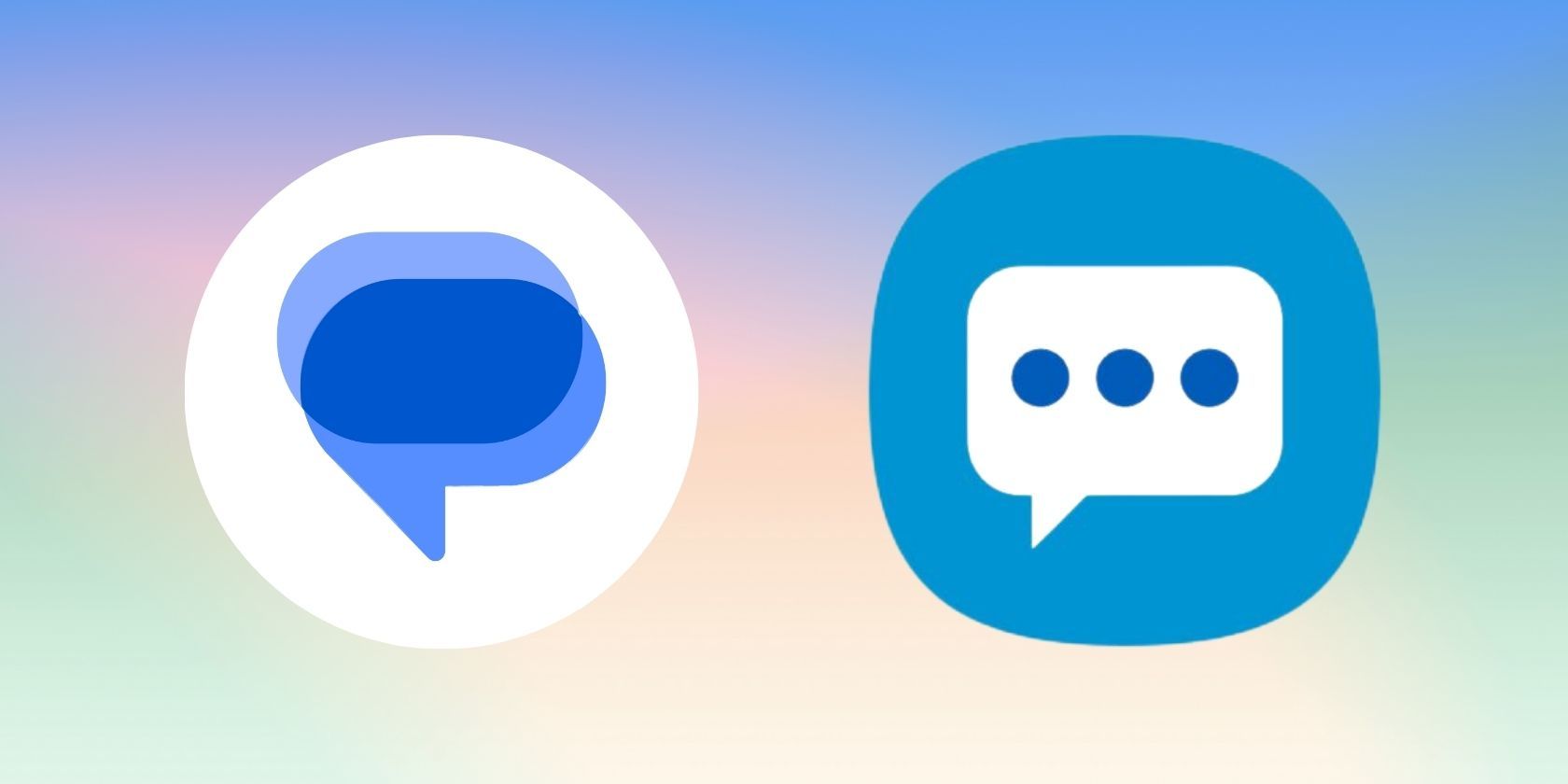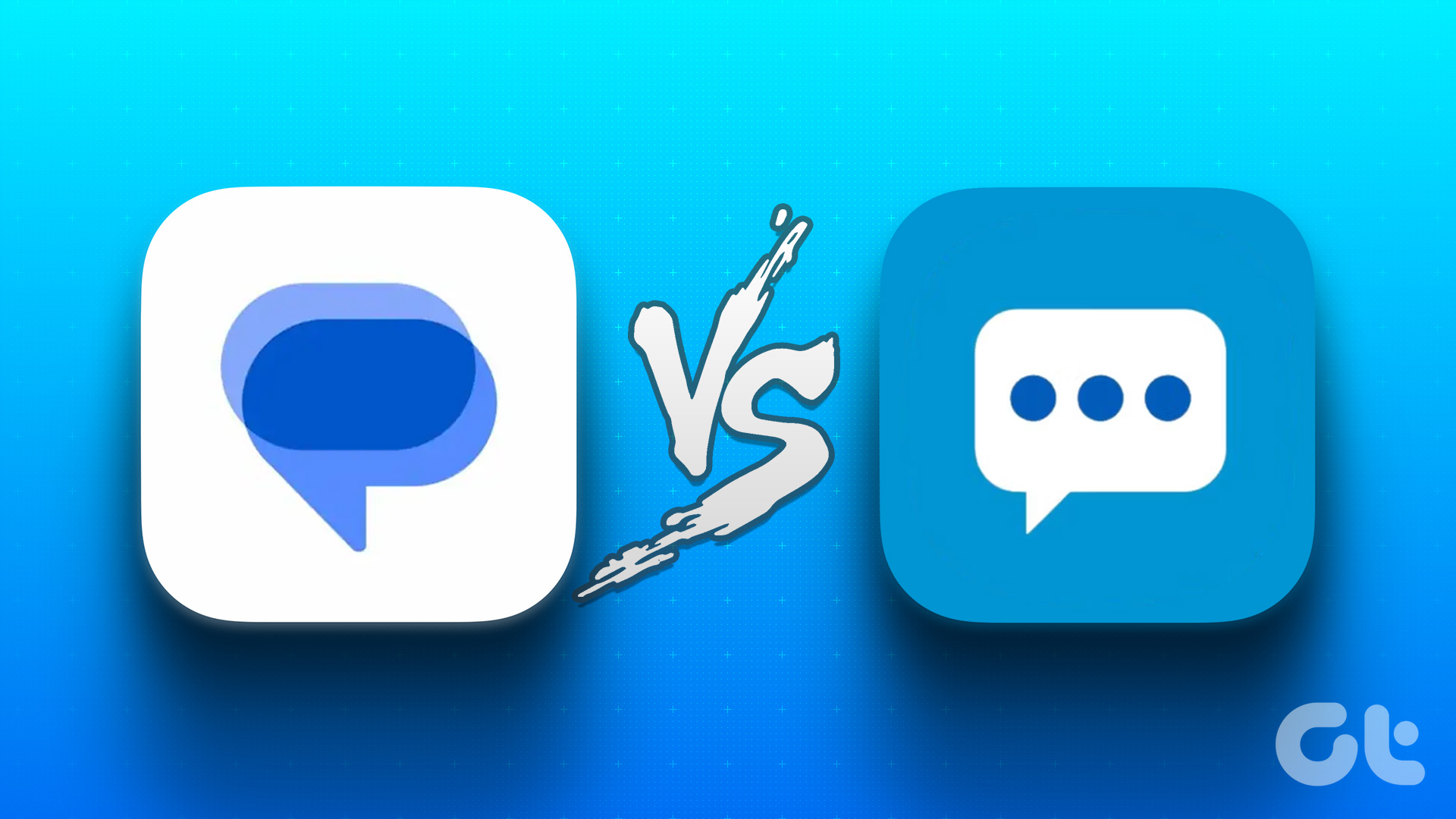
Google Messenger: A Google-Powered Messaging Solution
Google Messenger, now known as Google Messages, is Google’s official messaging app. It comes pre-installed on many Android devices and is also available for download on the Google Play Store. Here are some key aspects of Google Messages:
1. User Interface
User interface (UI) design is a critical aspect of any software or application. It directly impacts how users interact with your product, making it a key factor in the overall user experience (UX). In this article, we’ll explore various ways to extend and enhance the user interface to create a more engaging and user-friendly experience for your audience.
Responsive Design
One of the foremost considerations for extending the user interface is responsiveness. With the multitude of devices used to access websites and applications, responsive design ensures that your UI adapts seamlessly to various screen sizes and orientations. This approach guarantees a consistent and user-friendly experience across smartphones, tablets, laptops, and desktops.
2. Rich Media Support
Rich media has become an integral part of online communication. Websites, apps, and content creators rely on various forms of multimedia to engage their audience effectively. This article delves into strategies to extend rich media support, thereby enhancing user engagement and providing a more immersive digital experience.
High-Quality Images and Graphics
The saying “a picture is worth a thousand words” holds true in the digital realm. Utilize high-quality images and graphics that not only complement your content but also convey information visually. Infographics, charts, and diagrams are powerful tools for simplifying complex ideas.
3. RCS Messaging
Rich Communication Services (RCS) messaging is transforming how we send and receive text messages. Offering features far beyond traditional SMS, RCS is poised to revolutionize the way we connect with one another. In this article, we’ll explore the exciting world of RCS messaging, its benefits, and the potential it holds for the future of mobile communication.
Rich Media Support
RCS messaging takes texting to the next level by supporting rich media. Users can send high-resolution images, videos, audio files, and even GIFs, elevating the messaging experience. This feature makes conversations more engaging and expressive.
4. Cross-Platform Compatibility
Where users employ a multitude of devices and platforms, ensuring cross-platform compatibility is paramount for a seamless and inclusive user experience. This article explores the significance of cross-platform compatibility, its benefits, and strategies for extending it to reach a broader audience and enhance user engagement.
Universal Access
Cross-platform compatibility is about breaking down barriers. It allows users on different devices and operating systems to access and enjoy your content or services. This universal access is essential for reaching a wider audience and maximizing your digital presence.
5. End-to-End Encryption
The need for privacy and data security has never been more crucial. End-to-End Encryption (E2EE) is a cornerstone of safeguarding private conversations and sensitive information from prying eyes. This article delves into the world of E2EE, exploring its significance, benefits, and its role in ensuring the confidentiality of our digital interactions.
The Essence of Privacy
E2EE is the gold standard in online privacy. It ensures that only the sender and the intended recipient of a message can access its content. Even the service provider facilitating the communication cannot decrypt or view the message.
Samsung Messenger: A Native Samsung Offering
Samsung Messenger, on the other hand, is Samsung’s proprietary messaging app. It’s pre-installed on most Samsung devices, and while it may not be as widespread as Google Messages, it has its own unique features:
1. Integration with Samsung Features
Seamless integration between devices and platforms has become a paramount goal for many users. Samsung, a major player in the tech industry, offers a comprehensive suite of features that, when integrated effectively, can transform your digital experience.
Device Synchronization
One of the key advantages of integrating with Samsung features is device synchronization. With your Samsung account, you can effortlessly sync your settings, preferences, and content across your Samsung devices, from smartphones and tablets to smart TVs and appliances. This harmonization simplifies the management of your digital life.
2. Customization
Personalization and customization have become the cornerstones of user experience. From smartphones to web browsers, users are seeking ways to make their digital environments truly their own.
Enhancing Aesthetics
Personalizing the look and feel of devices, apps, and websites allows users to create visually appealing and harmonious digital environments. Customized color schemes, fonts, and layouts can elevate the aesthetics of their digital interactions.
3. Smart Features
Devices and platforms are becoming increasingly sophisticated and intuitive. Smart features are at the heart of this transformation, empowering users with advanced capabilities and automation that enhance convenience and efficiency.
Automation for Efficiency
Smart features automate routine tasks, saving users time and effort. Whether it’s setting your thermostat to your preferred temperature or scheduling your coffee maker to brew in the morning, automation streamlines daily life.
4. Bixby Integration
Integration with Bixby brings forth a wealth of possibilities and enhancements to the digital experience, from smartphones and smart home devices to in-car systems and beyond.
Voice-Activated Convenience
Bixby integration places voice-activated controls at your fingertips. Whether it’s setting reminders, sending messages, or accessing information, Bixby simplifies tasks by allowing you to use your voice, making technology more accessible and user-friendly.
5. Pop-Up View

Multitasking has become a core requirement for users seeking to maximize their efficiency and productivity. The Pop-Up View is a versatile feature that brings new possibilities to the realm of multitasking, enabling users to interact with multiple applications simultaneously.
Efficient Multitasking
Pop-Up View simplifies multitasking by allowing users to open multiple applications in resizable pop-up windows. This feature eliminates the need to switch between full-screen apps, making it easier to access and interact with different apps simultaneously.
FAQ – Google Messenger VS Samsung Messenger
1. What is Google Messenger, and what is Samsung Messenger?
Google Messenger VS Samsung Messenger is a messaging app developed by Google for Android devices. It offers a straightforward and efficient platform for text messaging, supporting features like SMS, MMS, group messaging, and more.
Google Messenger VS Samsung Messenger, on the other hand, is Samsung’s proprietary messaging app for its line of Android smartphones. It’s designed to work seamlessly with Samsung devices, offering various features for messaging and communication.
2. Can I use Google Messenger on a Samsung device?
Yes, you can use Google Messenger VS Samsung Messenger device. Android allows users to choose their preferred messaging app, so you can install and use Google Messenger alongside Samsung Messenger on your Samsung device.
3. What are the key features of Google Messenger and Samsung Messenger?
Both apps offer core Google Messenger VS Samsung Messenger features such as text and multimedia messaging, group chats, and emoji support. However, Samsung Messenger may have additional features specific to Samsung devices, while Google Messenger may be more minimalistic and designed for a broader Android audience.
4. Which one is better in terms of user experience and design?
User experience and design preferences can vary from person to person. Some users may prefer the simplicity and clean design of Google Messenger, while others might appreciate the features and integrations provided by Samsung Messenger. It ultimately depends on your personal preferences.
5. Are there any privacy or security differences between the two apps?
Both Google Messenger and Samsung Messenger are designed with user privacy and security in mind. They provide secure communication channels for your messages. However, it’s essential to keep your device’s operating system and apps updated to benefit from the latest security features and patches.
6. Can I use either of these apps to send messages to users on other platforms (e.g., iPhone users)?
Yes, both Google Messenger and Samsung Messenger support cross-platform messaging, so you can send messages to users on other platforms, including iPhones. However, some features, like iMessage on iPhones, may be exclusive to iOS users.
7. Can I back up my messages with these apps?
Both apps offer message backup and restore options, but the exact procedure may vary. Samsung Messenger may provide additional backup options for Samsung device users.
8. Which app consumes more data or battery life?
The data and battery consumption of messaging apps can vary depending on your usage and settings. It’s advisable to monitor your device’s data and battery usage to determine the impact of these apps.
9. Can I customize the appearance of these apps?
Both apps may offer some degree of customization for themes and appearances, but the level of customization may differ between Google Messenger and Samsung Messenger.
10. Can I use third-party plugins or extensions with these apps?
Some messaging apps, including Google Messenger VS Samsung Messenger, support third-party plugins or extensions to enhance functionality. Check the specific app’s settings or app store for available plugins and extensions.
Conclusion
Google Messenger VS Samsung Messenger stand as strong contenders, each with its unique set of features. Whether you’re drawn to Google’s simplicity and cross-platform functionality or Samsung’s integration and customization options, the decision ultimately lies in your hands. Choose the messenger that best fits your needs and stay connected with ease.
